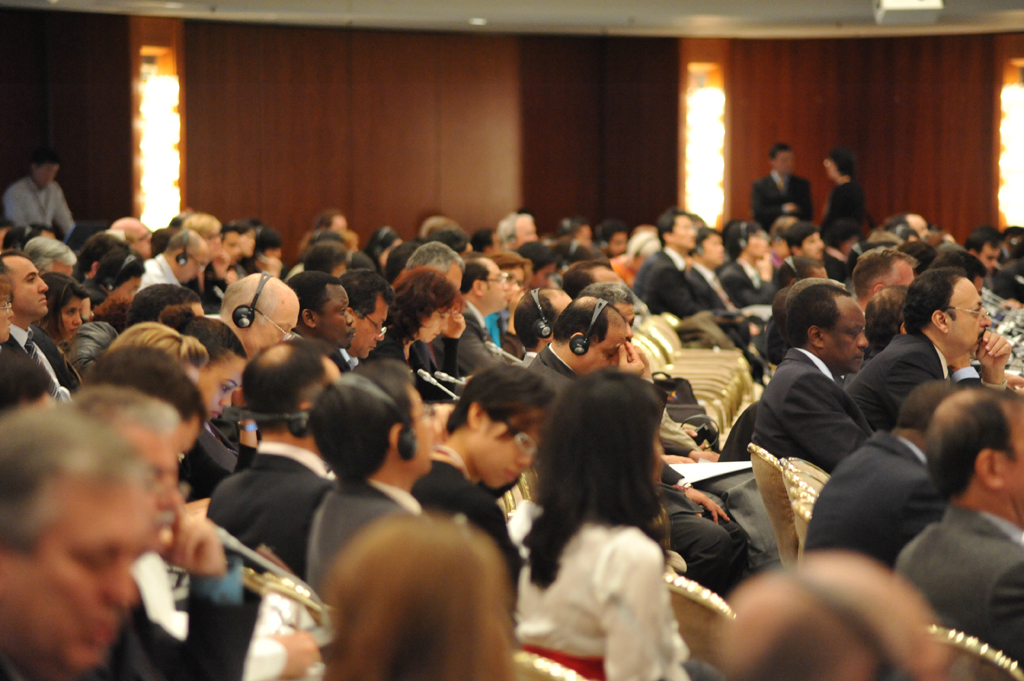Climate change knows no borders !! Its effects ripple across nations, disrupting ecosystems, economies, and communities worldwide. Addressing this crisis requires a unified global response and equitable political frameworks to mediate and drive action.
Recognising this shared challenge, the international community has established key organizations to mediate, negotiate, and guide climate action on a planetary scale. From crafting frameworks for international cooperation to fostering scientific understanding and setting ambitious targets, these bodies play a pivotal role in uniting nations to combat climate change.
Understanding the structure of these organisations—and the individuals leading them—is as critical as analyzing the progress and setbacks of the climate movement.
This mini-blog spotlights the leaders of four pivotal organisations: the United Nations (UN) , the United Nations Environment Programme (UNEP) , the United Nations Framework Convention on Climate Change (UNFCCC) , and the Intergovernmental Panel on Climate Change (IPCC) .
Their decisions and leadership shape the trajectory of global climate efforts, making them central figures in humanity’s fight against this existential challenge.
Explore the Leaders :
While the UN provides the platform for international climate discussions and agreements, UNEP serves as the UN’s specialised authority on environmental matters. The UNFCCC, established in 1992, as a dedicated UNEP system to coordinate global efforts against climate change, facilitating negotiations like the Paris Agreement. The IPCC offers the scientific foundation necessary to underpin the UN process, validate global ambitions and shape effective climate policies.
Together, these organisations and their leaders form the backbone of international climate governance, mediating the complexities of diplomacy, science, and action needed to address the defining challenge of our time.
Why does this matter?
Policies, funding, and action plans are a reflection of their leadership, decisions, and priorities. By understanding who they are, their backgrounds, and their visions, we empower ourselves to engage more effectively with climate issues, advocate for better policies, and appreciate the complexities of governance in the fight against climate change.
This is not just a mini-blog series—it’s your gateway to understanding the people leading the most important negotiations of our time !
Join us as we unpack their roles, achievements, and how their decisions influence the world’s path toward a sustainable future. At OnePointFive, we are committed to keeping this series up-to-date and will monitor these positions closely, ensuring you’re informed about any new leaders shaping India’s climate action journey.
